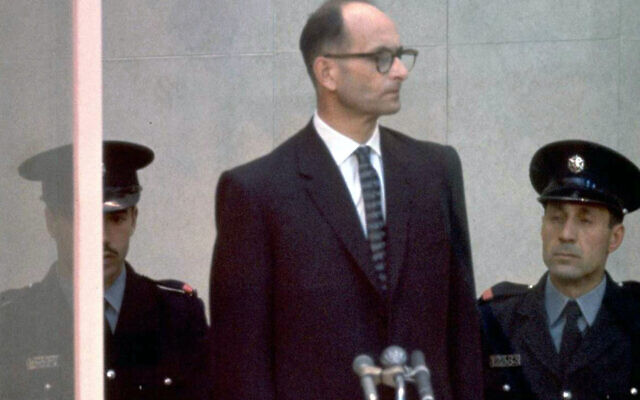Shoah mastermind’s 1961 trial was turning point in history, survivors recall
Survivors Ivor Perl and Vera Schaufeld reflect on the 60th anniversary of Adolf Eichmann's landmark trial which brought to life the horrors of the “Final Solution” to the world
The landmark trial of a Nazi for masterminding the murder of millions of Jewish people should be remembered as a “turning point” in the telling of the Holocaust, survivors and experts have said.
Adolf Eichmann was sentenced to death on December 15 1961 for war crimes and crimes against humanity following a four-month trial in Israel, which was broadcast on television around the world. He was hanged the following year.
It brought to life the horrors of the Nazi “Final Solution”, of which Eichmann was the architect, creating a blueprint to wipe out the entire Jewish population of Europe.
The trial was significant because it gave an astonishing insight into the horror of the death camps as victims were seen relaying their experiences, and marked the only time Israel has carried out a death sentence.
British-based survivors, speaking on the 60th anniversary of Eichmann’s death sentence, said the trial and subsequent punishment was a significant moment in the telling of the Holocaust.
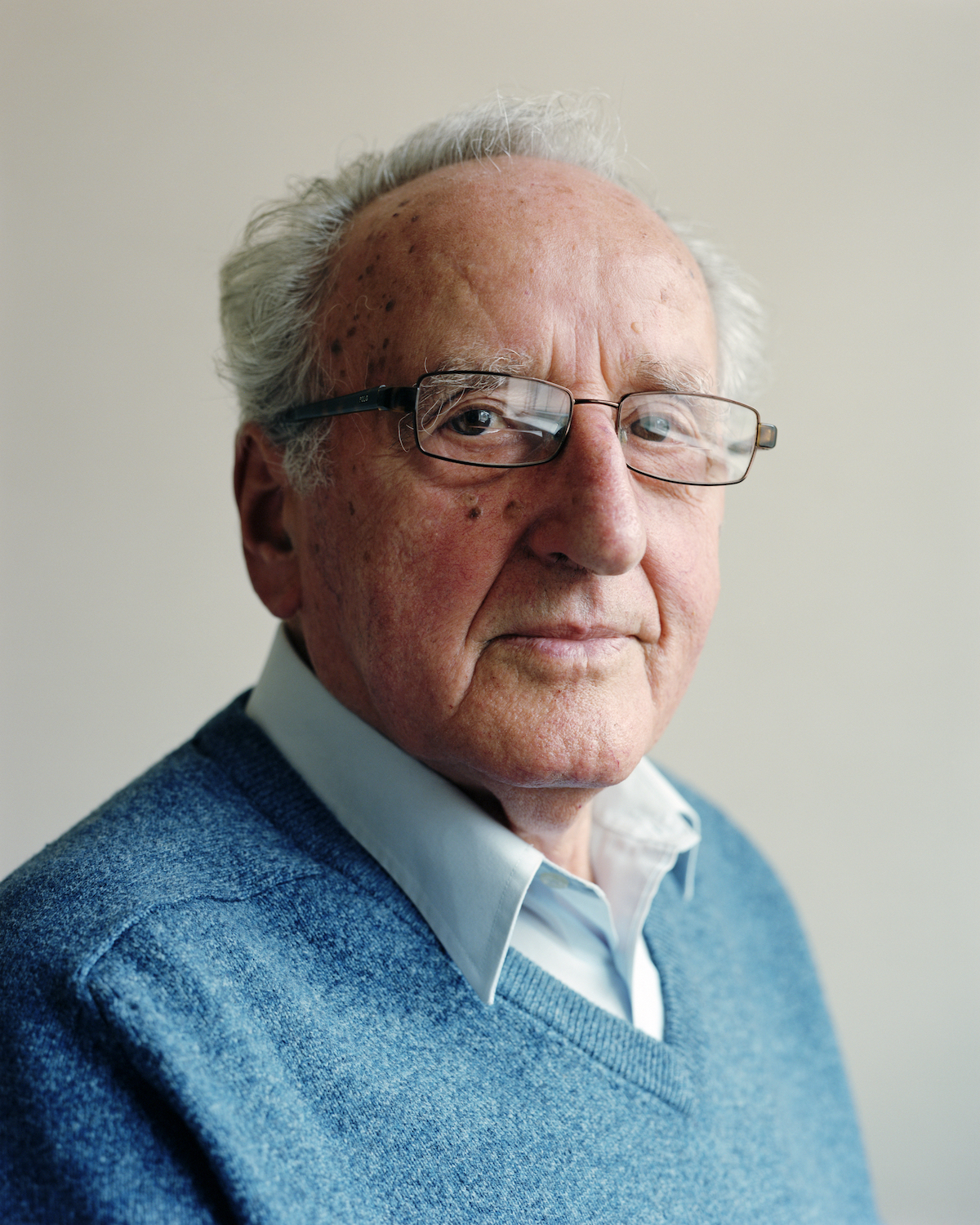
Ivor Perl, a Hungarian Jew who survived for years as a little boy in the Auschwitz death camp in German-occupied Poland before it was liberated, said the trial gave credence to the horrors suffered by him and the millions of others persecuted by the Nazis.
Mr Perl, a widowed father-of-four who settled in Ascot, Berkshire, upon fleeing to Britain in 1945, told the PA news agency: “I felt as though something was being done to prove (the Holocaust) to the world, because by that time people kept on denying the Holocaust.
“I felt, ‘thank God, there’s some practical evidence’ because by that time people started to say the Holocaust never happened.”
Mr Perl said he “didn’t care much either way” that Eichmann was sentenced to death.
He said: “To me, the most important thing was somebody there to tell you, ‘Look, come on, you’ve paid a tremendous price for the Holocaust, it did happen. Denying it is certainly not acceptable.’”
Vera Schaufeld, 91, said she was “gripped” watching the trial on her new television set with her husband, Avram, in their family home in England.
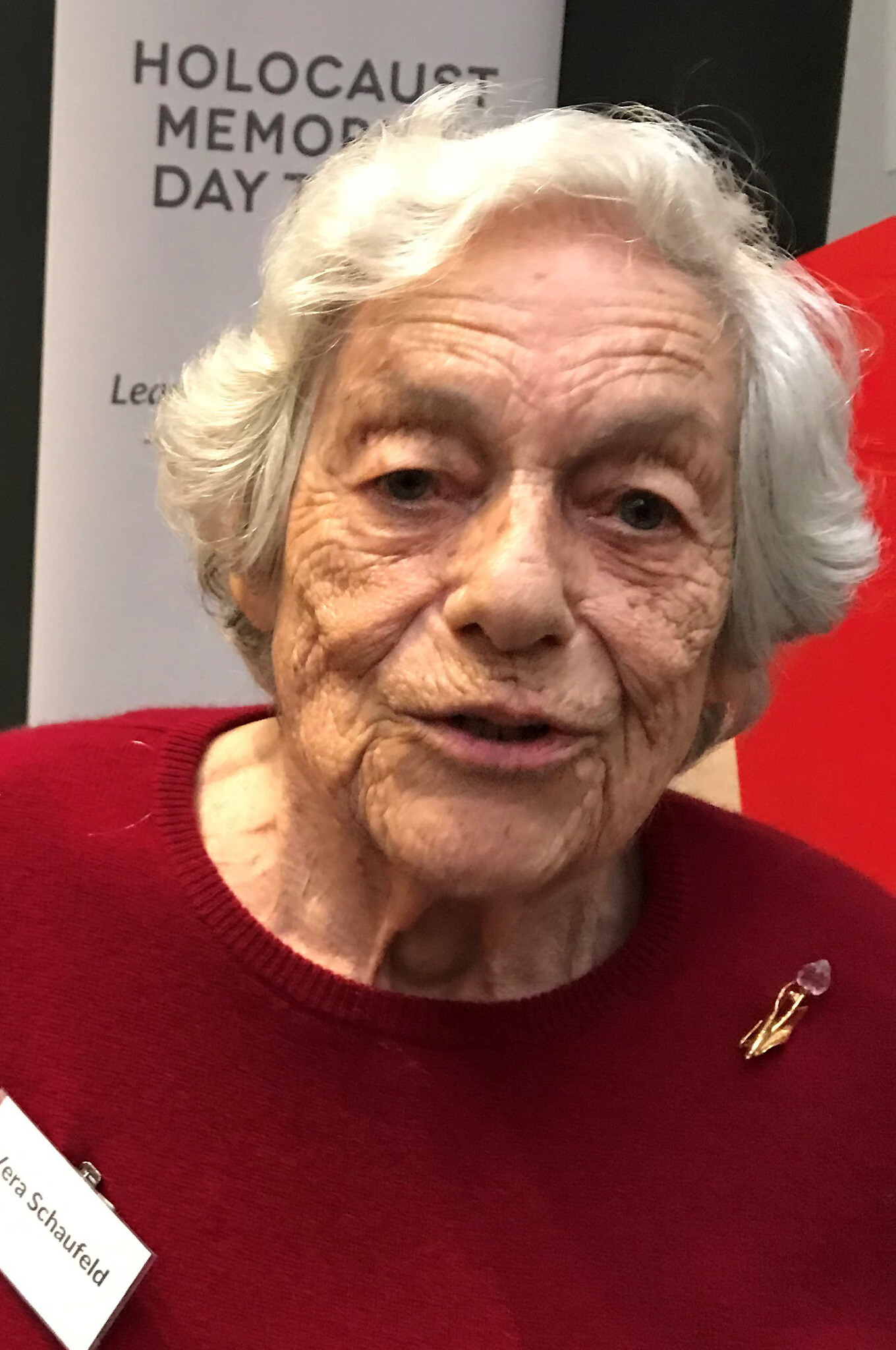
Mrs Schaufeld was a nine-year-old child when she fled her village of Klatovy, in what is now the Czech Republic, on Sir Nicholas Winton’s Kindertransport in 1939.
She recalled her parents waving white handkerchiefs from behind the platform barriers at Prague station, suddenly aware she would be travelling alone. It was the last time she saw her family again.
Mrs Schaufeld, who lives in Wembley, north London, said: “My husband read every book that he could find about the Holocaust, trying to understand how this could happen.
“I remember we sat and we watched the Eichmann trial on television.
“We found it totally ludicrous to imagine that somebody who could organise all the trains that took people to the camps, whose efficiency had been part of the really important bits of the extermination of the Jews, that he (Eichmann) could say, or expect people to believe, that he was only obeying orders, and was a small cog in this process, and not one of the major movers of the Holocaust.”
She added: “A lot of people by then went weren’t thinking so much about the Holocaust – this brought it to a much wider audience.”
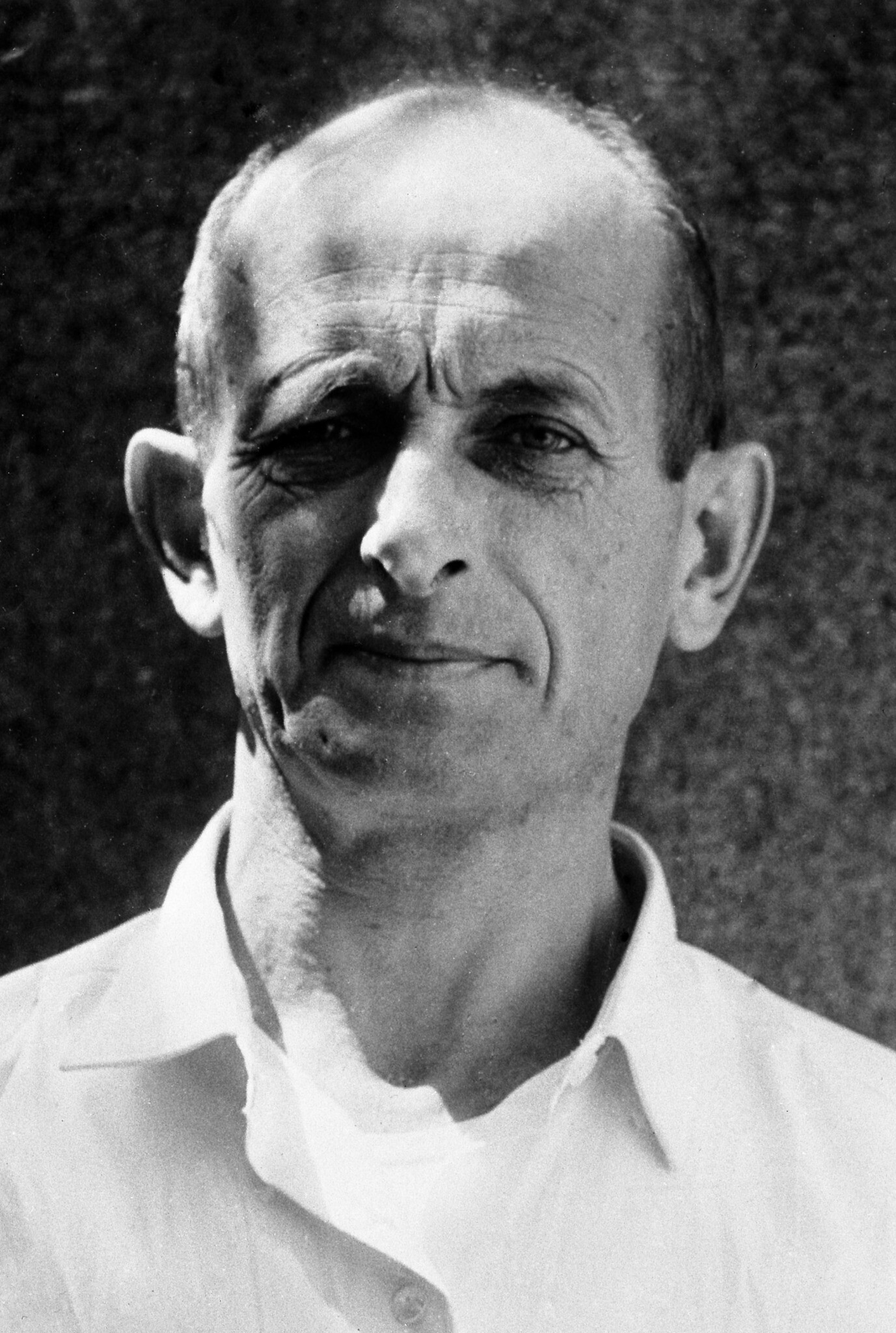
Olivia Marks-Woldman, chief executive of the Holocaust Memorial Day Trust, said the trial brought the atrocities to “an enormous global audience”, but was also significant for the role survivors played in getting justice.
“This trial was a turning point,” she said.
“And once survivors had broken that silence, and came forward to share their testimony, it opened up the way for others to do so.
“People around the world really listened and learned, and were shocked by what they were hearing.
“This trial took place in 1961, many years after the end of the war, but perpetrators should never be able to feel comfortable if they’ve not been brought to account.
“But another reason why this is important for us today is to remind us that we can never take for granted the privilege of hearing testimony from a Holocaust survivor.
“The trial reminds us how difficult it was for them to share those experiences. And they did it then because they were motivated by seeking justice.”
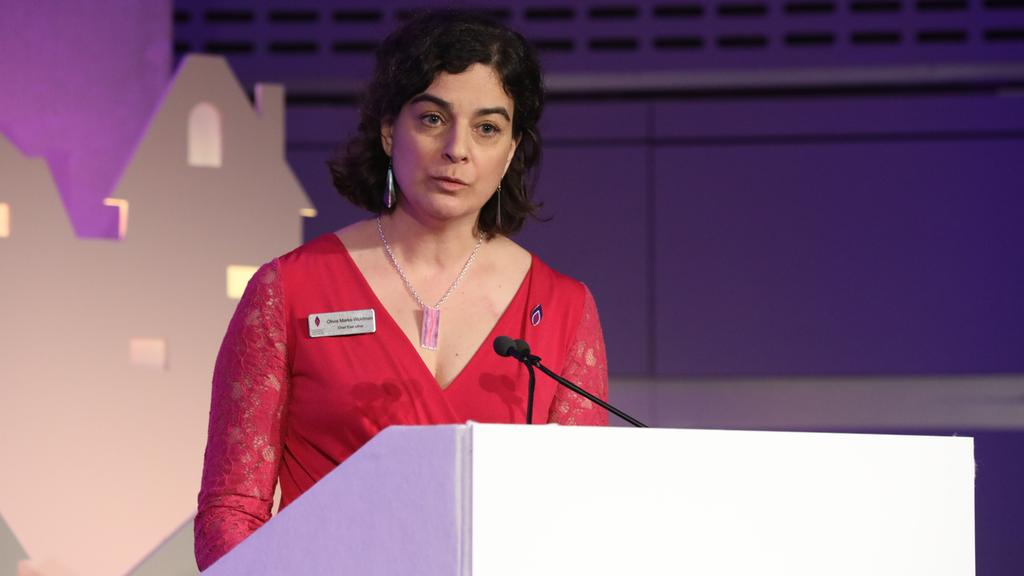

Thank you for helping to make Jewish News the leading source of news and opinion for the UK Jewish community. Today we're asking for your invaluable help to continue putting our community first in everything we do.
For as little as £5 a month you can help sustain the vital work we do in celebrating and standing up for Jewish life in Britain.
Jewish News holds our community together and keeps us connected. Like a synagogue, it’s where people turn to feel part of something bigger. It also proudly shows the rest of Britain the vibrancy and rich culture of modern Jewish life.
You can make a quick and easy one-off or monthly contribution of £5, £10, £20 or any other sum you’re comfortable with.
100% of your donation will help us continue celebrating our community, in all its dynamic diversity...
Engaging
Being a community platform means so much more than producing a newspaper and website. One of our proudest roles is media partnering with our invaluable charities to amplify the outstanding work they do to help us all.
Celebrating
There’s no shortage of oys in the world but Jewish News takes every opportunity to celebrate the joys too, through projects like Night of Heroes, 40 Under 40 and other compelling countdowns that make the community kvell with pride.
Pioneering
In the first collaboration between media outlets from different faiths, Jewish News worked with British Muslim TV and Church Times to produce a list of young activists leading the way on interfaith understanding.
Campaigning
Royal Mail issued a stamp honouring Holocaust hero Sir Nicholas Winton after a Jewish News campaign attracted more than 100,000 backers. Jewish Newsalso produces special editions of the paper highlighting pressing issues including mental health and Holocaust remembrance.
Easy access
In an age when news is readily accessible, Jewish News provides high-quality content free online and offline, removing any financial barriers to connecting people.
Voice of our community to wider society
The Jewish News team regularly appears on TV, radio and on the pages of the national press to comment on stories about the Jewish community. Easy access to the paper on the streets of London also means Jewish News provides an invaluable window into the community for the country at large.
We hope you agree all this is worth preserving.


